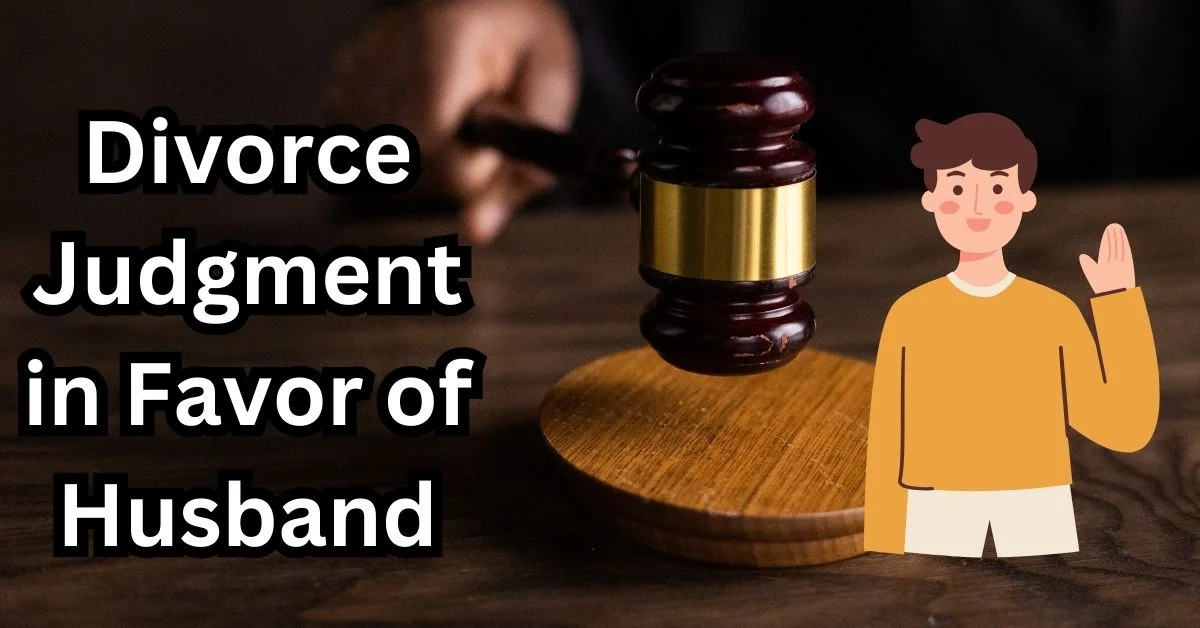In a significant and comprehensive judgment, the Supreme Court of India has delivered a ruling on Hindu inheritance, legitimacy, and property rights. This judgment is a milestone in the interpretation of Hindu family laws and brings clarity to several intricate legal aspects.
Legitimacy under Hindu Marriage Act
The judgment begins by addressing the issue of legitimacy concerning children born from void (section 11) or voidable (section 12) marriages under the Hindu Marriage Act (HMA) 1955. It establishes that such children, irrespective of when they were born, are conferred with legitimacy as per Section 16(1) of the HMA.
Legitimacy in Voidable Marriages
Section 16(2) of the HMA is also discussed, focusing on children born in voidable marriages that have been annulled. The judgment affirms that these children are deemed legitimate under certain circumstances, especially if the marriage would have led to legitimacy had it been dissolved instead of annulled.
Rights and Limitations
The judgment emphasizes that children legitimized under Section 16(1) and (2) have rights only to the property of their parents. It does not confer rights on the property of any other individual or family member.
Reform in Hindu Succession Act
The judgment highlights amendments in Section 6 of the Hindu Succession Act (HSA) 1956, which granted equal rights to daughters in coparcenary property, putting them on par with sons. This marked a significant move towards gender equality within Hindu Undivided Families governed by Mitakshara law.
Devolution of Coparcenary Property
It explains how the amended Section 6 of the HSA 1956 altered the devolution of interest in coparcenary property, replacing survivorship with testamentary or intestate succession. The judgment clarifies that the acquisition of rights by birth, both for sons and daughters, signifies legislative recognition of the concept of a coparcener.
Harmonizing Legal Provisions
The judgment underscores the need to harmonize the provisions of the HSA 1956 with Section 16(3) of the HMA 1955, ensuring that children legitimized under Section 16 are only entitled to rights in the property of their parents, as per the legal framework.
Conclusion
In conclusion, the Supreme Court’s judgment provides a comprehensive interpretation of Hindu family laws, particularly those related to legitimacy, inheritance, and coparcenary property. It upholds the principle that children legitimized under the HMA 1955 are entitled to their parents’ property but not the property of any other family member. The judgment also highlights the progressive changes brought about by the HSA 1956, promoting gender equality within Hindu Undivided Families.



